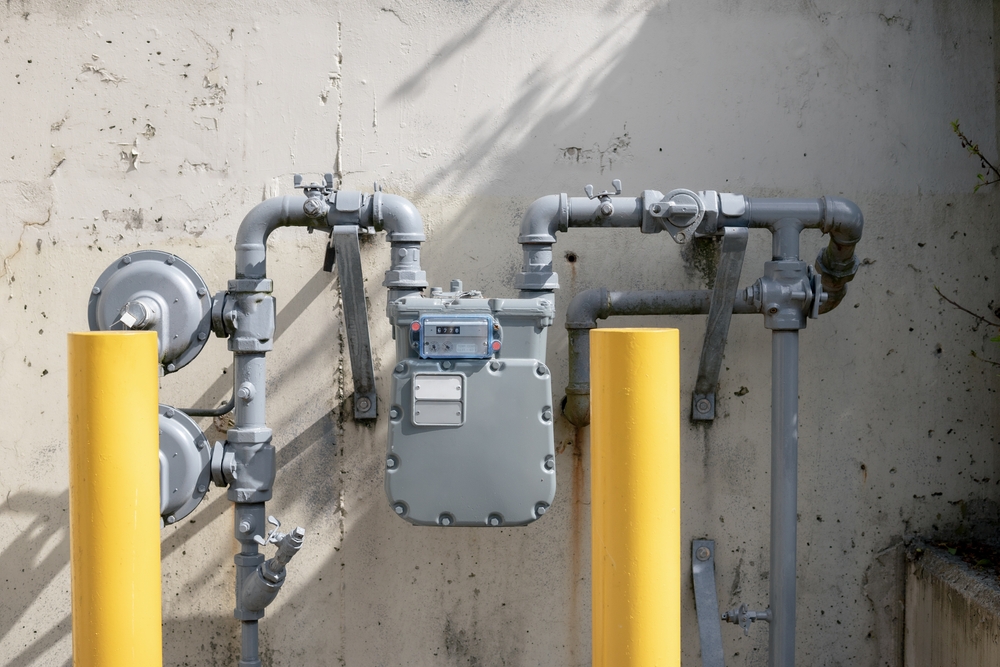Improve your home’s safety with professional gas line replacement by Emma Plumbing And Drain Services in Newton, MA.
Reviews

Emma Plumbing And Drain Services's Plumbing Specialists
For plumbing solutions in Newton, MA, look no further than Emma Plumbing And Drain Services. We’re a team of dedicated plumbing professionals with a commitment to excellence in every aspect of our work. Our expertise lies in gas line services, including installation, repair, and replacement. We prioritize customer satisfaction by offering clear communication, upfront pricing, and surpass your expectations. Homeowners throughout Norfolk County count on us to upgrade their home.

Our Gas Line Replacement Procedure


Importance of Gas Line Services
The integrity of your gas lines is critical to the well-being of your household. Faulty gas lines can lead to dangerous leaks, fires, and even explosions. At Emma Plumbing And Drain Services, we specialize in providing gas line solutions to protect your home and loved ones. Our team of plumbers in Newton, MA, has proven methods that take industry standards into account. Contact us today at 774-539-3887 in Norfolk County to discuss your gas line requirements.
Newton was originally part of “the newe towne”, which was settled in 1630 and renamed Cambridge in 1638. The first English settlement of what is now Newton began in 1639. Roxbury minister John Eliot persuaded the Native American people of Nonantum, a sub-tribe of the Massachusett led by a sachem named Waban, to relocate to Natick in 1651, fearing that they would be exploited by colonists. Newton was incorporated as a separate town, known as Cambridge Village, on December 15, 1681, then renamed Newtown in 1691, and finally Newton in 1766. It became a city on January 5, 1874. Newton is known as The Garden City.
In Reflections in Bullough’s Pond, Newton historian Diana Muir describes the early industries that developed in the late 18th and early 19th centuries in a series of mills built to take advantage of the water power available at Newton Upper Falls and Newton Lower Falls. Snuff, chocolate, glue, paper and other products were produced in these small mills but, according to Muir, the water power available in Newton was not sufficient to turn Newton into a manufacturing city, although it was, beginning in 1902, the home of the Stanley Motor Carriage Company, the maker of the Stanley Steamer.
Newton, according to Muir, became one of North America’s earliest commuter suburbs. The Boston and Worcester, one of North America’s earliest railroads, reached West Newton in 1834. Wealthy Bostonian businessmen took advantage of the new commuting opportunity offered by the railroad, building gracious homes on erstwhile farmland of West Newton hill and on Commonwealth street. Muir points out that these early commuters needed sufficient wealth to employ a groom and keep horses, to drive them from their hilltop homes to the station.
Learn more about Newton.